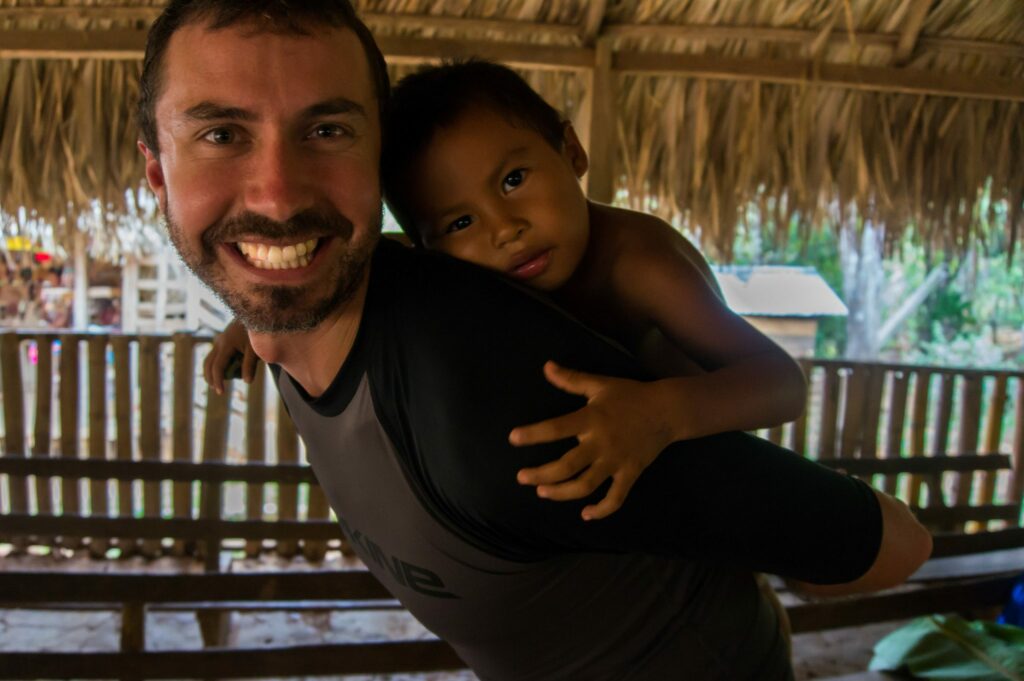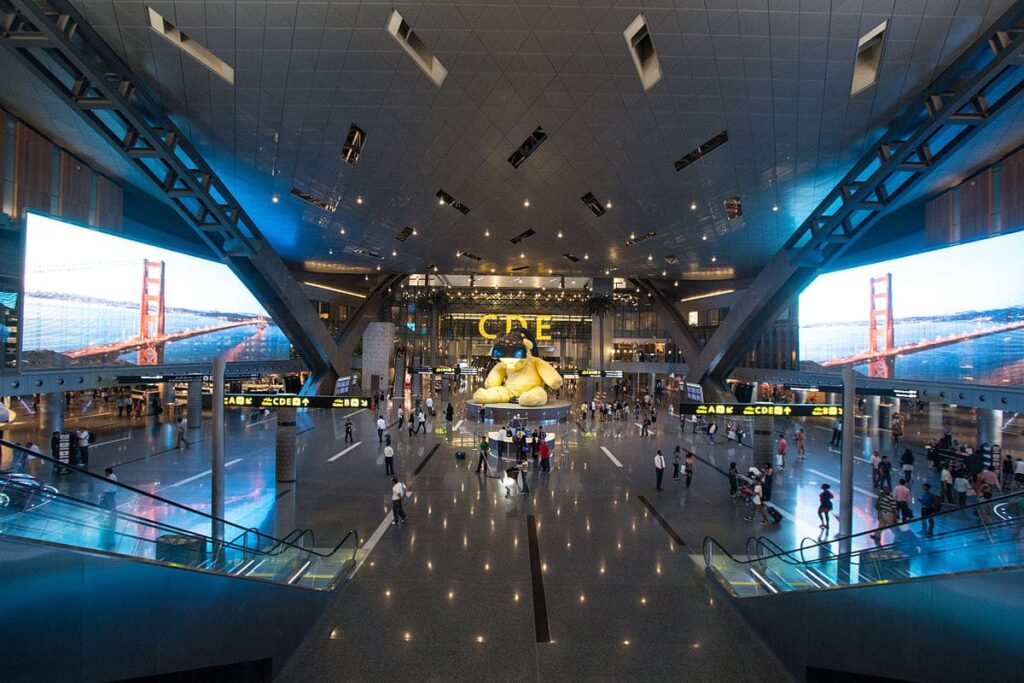As a child, I was taught not to trust strangers. “Don’t walk off with someone you don’t know” was drilled into me (as it is most kids). This was a solid lesson, especially for a kid that had a lot of energy.
Through my childhood and teenage years, I was reminded of this – you can trust family, close friends, teachers and so on. Strangers? They’re probably out to get you.
I remember rumors of a guy that used to hang outside of my primary school offering sweets to kids, drugging them. He probably had a van. Flyers went out to parents. Parents lost their minds. Mum gave me a stern talking to. Then we discovered it was all bullshit. But of course everyone remained scared.
Irony is, multiple teachers from my school have since been exposed and charged as pedos, including some all trusted priests, the pillars of society that they are. For those wondering, no – I didn’t receive the advances of said teachers or priests.
Even in my early adult years, my parents, extended family, friends and strangers on the internet have all given me unsolicited advice on trusting those I don’t know, whether it be with my money, diet, lifestyle, travel, politics and various other topics.
This isn’t meant to sound dramatic. My upbringing really was a normal one and my social circles are very standard. My parents didn’t wrap me in cotton wool like your average parent of today. By age 3 I was riding my bike up and down our street without shoes, likely waving to strangers and patting dogs I didn’t know without concern. Blanket distrust of strangers was something I had to learn and from what I’ve seen in friends, I’d say it’s the norm for most of us – at least from cities Australia and similar cultures around the world.
Frankly, I do think this distrust has helped me from being used during my impressionable years, but I’m getting the feeling that there’s a shelf life on how long it’s good for. Now I consider the lost opportunities as a result of not taking a risk here and there. How many experiences have been missed? How much money could have been made?
So Here’s Some Risky Shit I’ve Done
I’ve trusted strangers or people I barely know and:
- caught trains in foreign countries that others had bought tickets for – trusting they’d send me in the right direction,
- sent money overseas to purchase multiple cars, on the premise that a stranger has taken accurate/truthful photos,
- eaten unknown food,
- hitchhiked in multiple countries, sometimes where neither of us could talk a common language but pointing at a map was sufficient,
- taken directions from others in broken English more times than I can count, often in rural areas,
- had others tell me what bus to catch, trusting they knew what they were on about,
- began working for new clients in random countries where I basically have no recourse if they refuse to pay,
- got into a Proton Wira taxi (the riskiest part) and was driven to a ferry terminal in Malaysia at around 160kmh through traffic,
- sent money overseas to put a deposit down for a rental we’d seen on Craigslist.
To date I have not died or been significantly ripped off. I’m not actually sure I have been ripped off at all. The upside has been great and I have enjoyed many smiles as a result of taking these risks.
In fact, in situations where I have expected to be screwed over (but it’s still worth pursuing even if that happens) – it doesn’t seem to eventuate.

Trusting Strangers While Travelling
After the cab driver in Malaysia presumably risked his license to get us to the ferry in time for an $18 fare, he ended up only charging us $15 (I didn’t have change oops)! I thought for sure we’d get there and there’d be some sort of “confusion” as to why we’d have to pay $50.
On our recent trip to Taiwan, we were trying to get to our accommodation in Taichung near the city park. I asked a stranger if we were about to get on the right bus, showing him the map on my phone (Google showed me a different bus than the one at the stop). He spoke fluent Mandarin to me for about 5 minutes before I finally got through to him that I had no idea what he was saying.
We used body language to confirm that getting on the bus was the right call. Once on the bus, he asked a woman who could speak English to tell us that we were on a different bus which would drop us at a different entrance to the park – he was concerned that we’d get to the wrong entrance and be lost.
In our first night in Boquete, Panama we walked through the city streets and met an Australian guy who moved there ~20 years ago. Turns out he was from the state where I grew up. Jess had some work to do and I hung out with him and his “business (drinking) partner”. A few beers and some ouzos later and we were invited to his business partner’s house for dinner. They picked us up, cooked us dinner (even catering to our diet) and offered plenty of booze. We weren’t mugged, drugged or held hostage.
A stranger from Norway that I met in Sweden told me to contact his mate from Great Britain who now lived in Canada. He was the first person I’d met in Whistler (the town I was in) and the first night we met was over drinks. Now he’s one of my best friends who I have made many happy (and some not to happy) memories with. The safe option would have been to stay at home. Or better yet, never go to Canada in the first place. Or Sweden.
Consider travel for the first time and it’s a daunting experience. Before booking, your government urges you to check their advice for each region. While it’s good to know for major political unrest, it tells a bleak story.
Even travelling to a developed country could see the airport blown up, your plane falling out of the sky, certainly getting pick-pocketed a couple of times, or something else terrible happening on the other end.
You can see why so many people stay at home. Those who persist go with extensive travel insurance, extreme caution and a credit card instead of cash to pay for all of those taxis rather than walking the streets at night.
Don’t Listen to Bad Advice
I continue to receive unsolicited advice about trusting others on matters of travel, business, money and so on. I’m no guru in any of this stuff, but I’ve had a fair bit of life experience so far.
What I’ve come to realise is that most of the people giving advice have limited or no working knowledge on it. I guess if you aren’t out living you have a lot of free time on your hands to consult on how others should be scared.
“I know I haven’t been to Qatar but I’ve watched the news and from what I understand things are dangerous in the Middle-East.”

This isn’t a rant about others though, it’s about trusting yourself. Maybe I’m late to the game and stating the obvious, but as you age you constantly develop your judge of character. You’ve been collecting data for years in the form of experiences and are now smart enough to trust others according to this information.
If those giving the advice don’t have more experience than you, it’s probably best you listen politely and quietly disregard it (please feel free to disregard this advice too). Otherwise you’ll never expose yourself to the wonderful world of experiences and all of the beautiful people out there.
Most People Are Trying to Get by and Be Happy
Speak to an experienced traveller and chances are they’ll agree – regardless of culture, religion or region, everyone is just trying to get by. In some countries that means keeping a roof over your head or your family fed, in others it means keeping up with the Jones’. There are very few human beings out there that want to do the messed up things many are scared of.
I’m probably cynical in that I don’t think we’ll ever live in a utopian world where we all love one another and get along, but I do believe as an individual you can change your world so you have the opportunity to enjoy it as much as possible.
After all, what’s the worst that could happen? 🙂

Great post , I have learnt to trust total strangers, the media is so misleading, I spent a great deal of time living in Arab countries without speaking any of their languages
Agree with you! I hitched 40 countries. The world is all about trust and love.